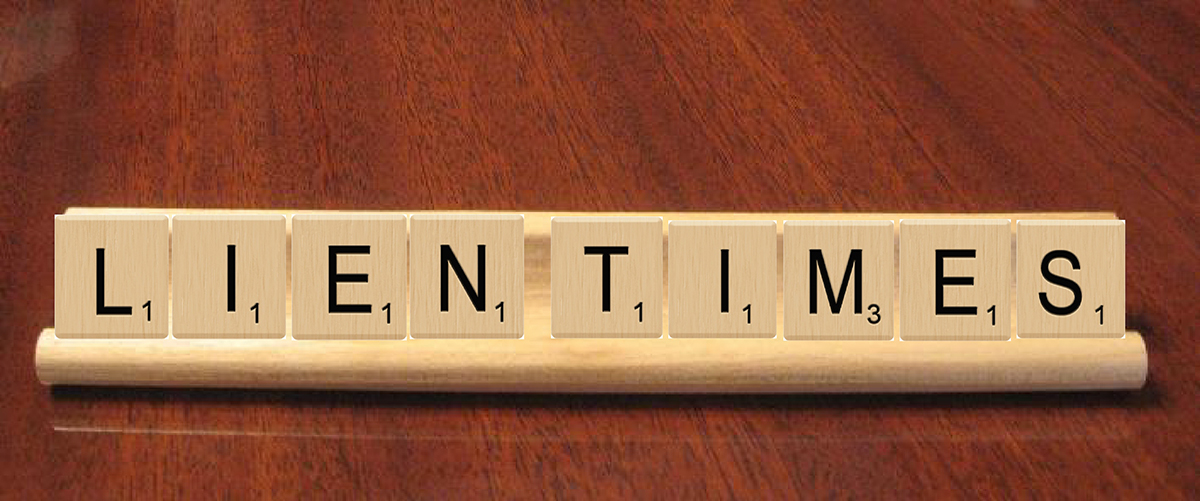
In at least one respect, an HOA is like a business: revenue needs to meet or exceed expenses. That’s tricky when homeowners refuse to pay assessments. What can a California HOA do to prevent free-riders, and ensure each owner pays its fair share
One tool that many HOAs have in their toolkit is the power to impose a lien on an owner’s separate interest. A lien is powerful. Once properly in place, an HOA can begin the process of forcing the sale of an owner’s residence to collect the debt.
Or the HOA can record the lien and simply wait. If the owner wants to refinance their property, the lender will require it to clear the lien (i.e. pay the debt) to ensure the lender’s security interest is in first position. If the owner decides to sell, the buyer likely will require the owner to clear the lien as a condition of the sale.
However, an association may only impose a lien under specific circumstances.
- First, the CC&Rs must authorize the HOA to impose a lien for the type of assessment at issue.
- Second, the Civil Code must also authorize the lien.
- Under the Civil Code, an HOA may impose a lien to collect delinquent regular or special assessments.
- The Civil Code also allows an HOA to impose a lien to collect monetary charges imposed to reimburse the HOA for expenses incurred to repair damage to common area, where the damage was caused by the member or the member’s guest.
- Under the Civil Code, an HOA may impose a lien to collect delinquent regular or special assessments.
- Third, the HOA must carefully follow the rules set forth in both the CC&Rs and Civil Code, or risk having its lien invalidated. If this happens, the HOA loses the power to use a lien to collect the debt and risks exposure to liability.
If you have questions about whether your association can impose a lien to collect its debts, contact the attorneys at Myers, Widders, Gibson, Jones & Feingold.
